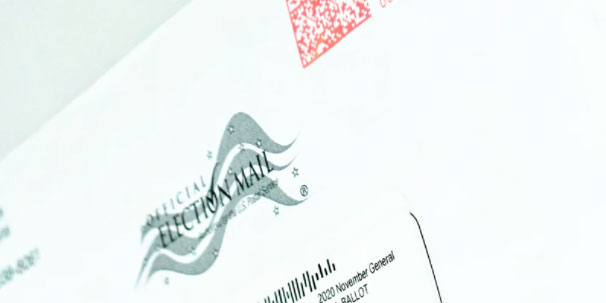
Two questions persist with the voter fraud story.
Without insinuating an answer, I find myself wondering how it was that progressive Democrat state senator Dawn Euer, apparently alone among all people who track and inform the public about such things was the one who knew of three voter fraud arrests. Think of that. If she hadn’t mentioned the situation to score political points, many well-informed Rhode Islanders would still be walking around saying there was no proof of any fraud.
Maybe some small-scale local reporter caught wind of it. Maybe Euer has a regular topic search that lets her know when communities near her are mentioned online. But in a state where minor political stories are often considered newsworthy, this seems like one that others could have caught.
More important, however, is the rhetorical use to which Euer put her information:
“It is so dangerous to come up with false accusations, that are not grounded in reality. So I do want to give some facts,” she explained. “There were three people who were registered and voted in multiple states. Two people who voted in Rhode Island and Florida, and one person who voted in Rhode Island and Illinois. Guess what? We caught them.”
It’s a bit presumptuous of Euer to claim that “we caught them.” Notably, Katherine Gregg doesn’t tell us, at the first link above, who the “national watchdog group” was that “alerted election officials in other states who, in turn alerted Rhode Island election officials” of two of the three cases, but it wasn’t “we,” the Rhode Island government. The state got a couple lucky tips, meaning we have no basis to claim that these three cases are unusual, rather than broadly representative.
This point gains especial poignancy in contrast with a related topic: campaign finance and disclosure. In that case, folks like Euer are not nearly so cavalier. When we hear about a case of corruption — and they are still rare, given the number of public officials — nobody proclaims it as evidence that we catch all such cases. Rather, activists impose layer upon layer of restrictive regulations upon those who wish to run for office.
I won’t hazard a guess at the number, but we can be sure that a significant portion of the public shies away from public engagement so as to avoid all the invasive reports and disclosures, along with processes that seem designed to trip a busy person up. Advocates call for such things, presumably, because access to the power of public office creates an attractive target for people trying to gain control and buy favors.
Why, by the same token, do we assume the corrupt won’t attempt to influence government through voter fraud? Moreover, why do some assume that making it ever easier to cheat won’t make cheating ever more common?
Featured image by Obi Onyeador on Unsplash.
